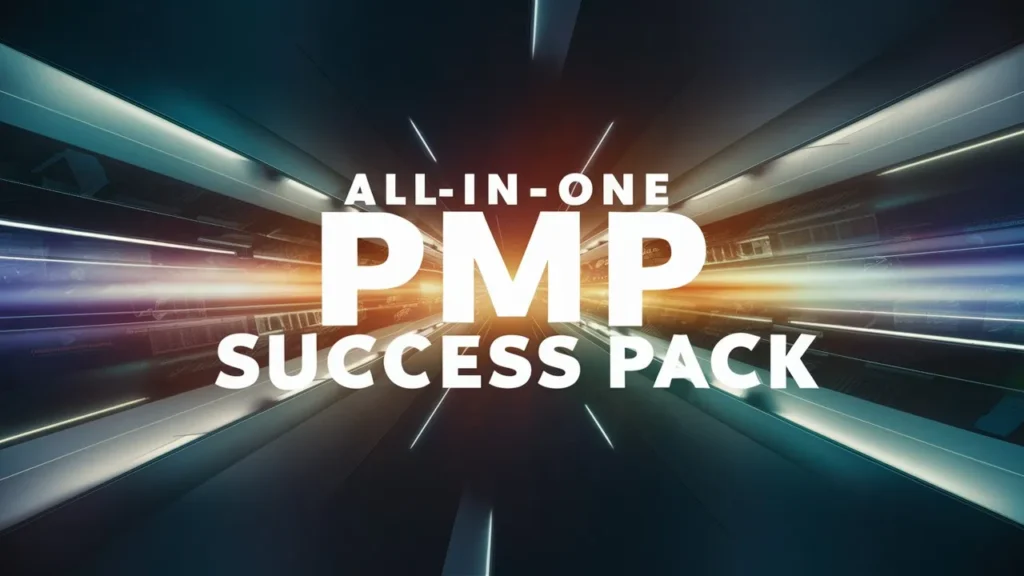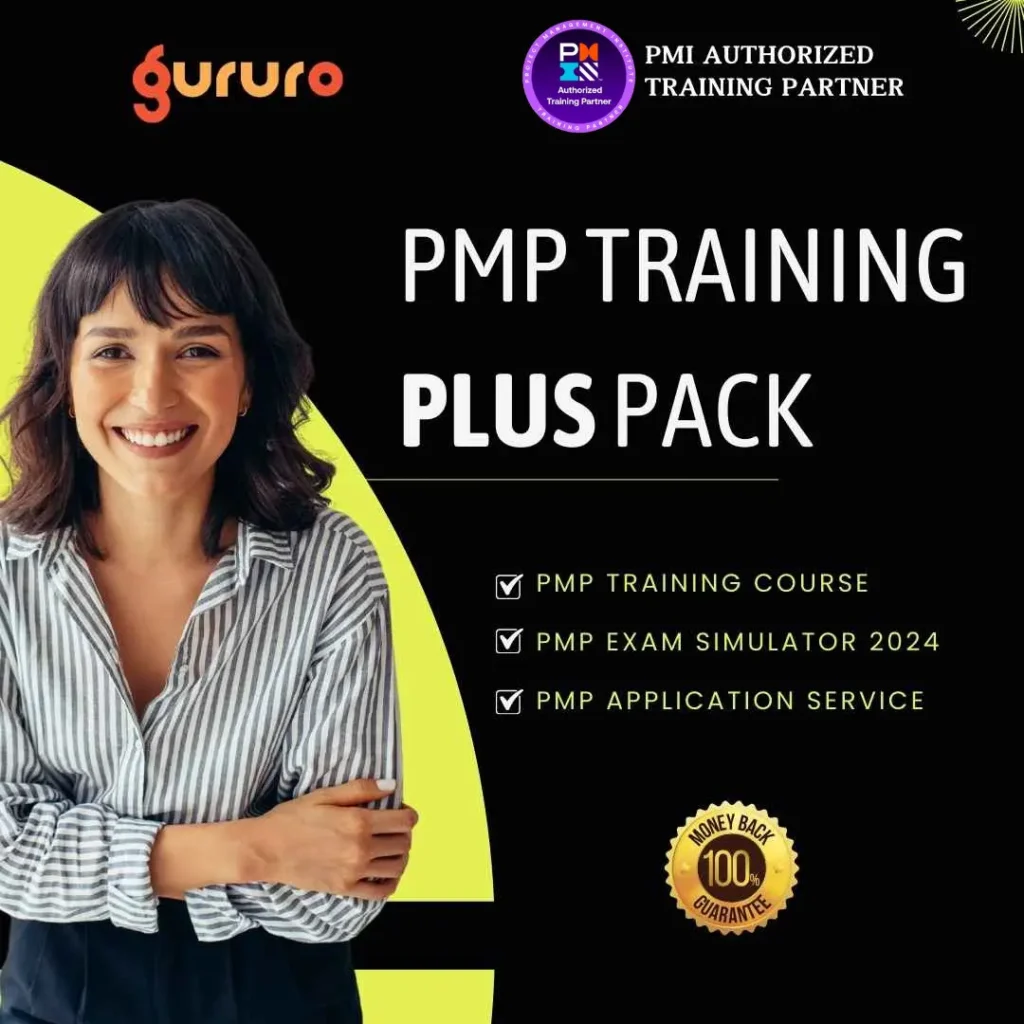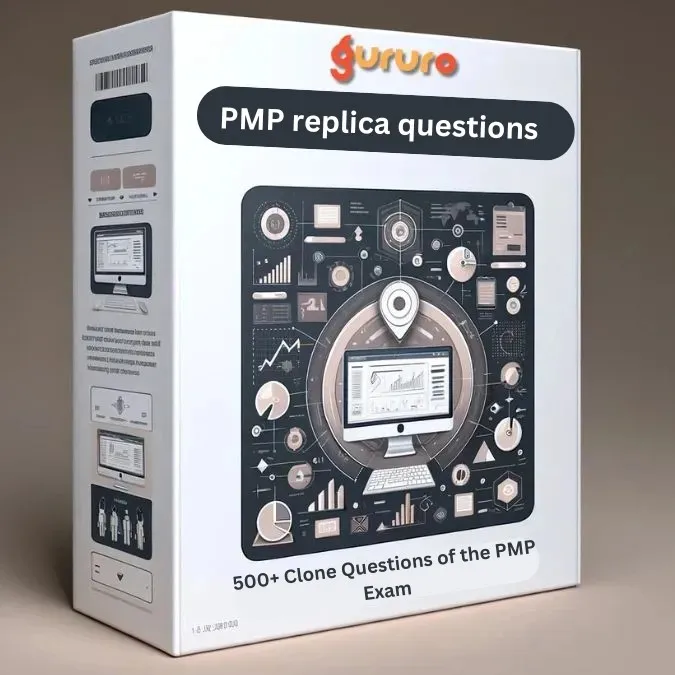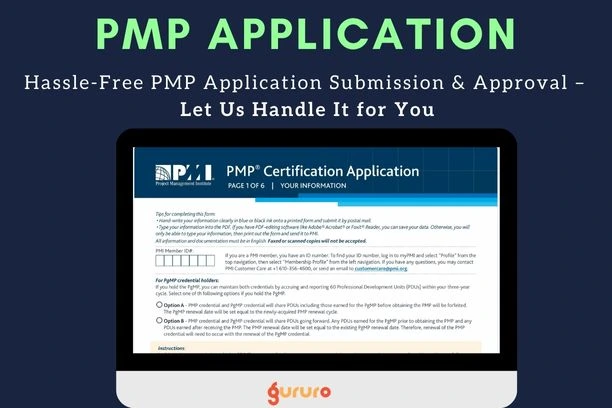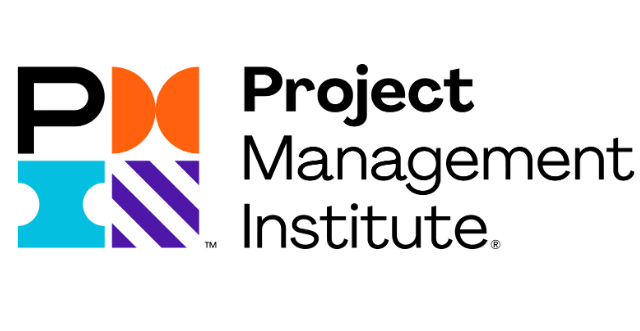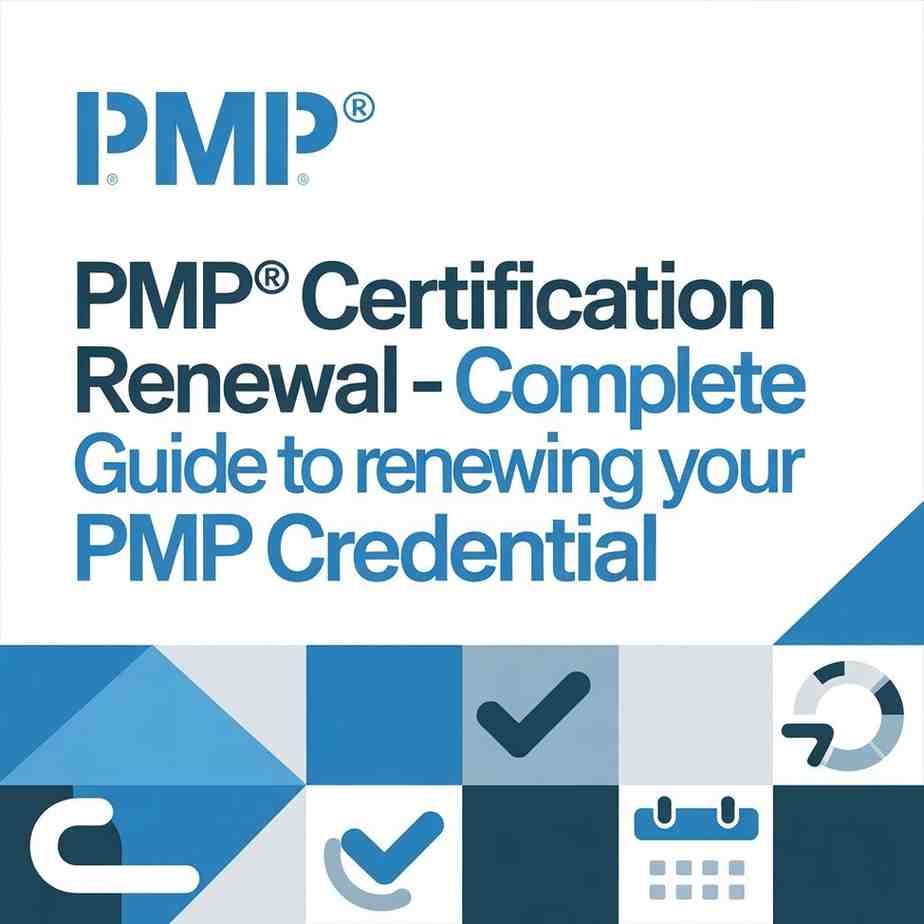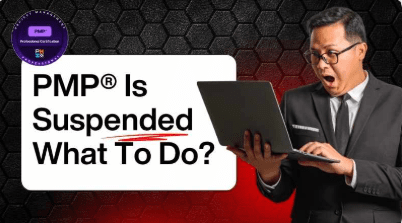If you’ve been researching the Project Management Professional (PMP) exam, you’ve likely come across numerous ads and testimonials for PMP Boot Camps. These intensive short-term courses promise a fast track to PMP certification. But is the Boot Camp model truly effective, and Are PMP Boot Camps Worth It? Let’s find out.
What is a PMP Boot Camp?
A PMP Boot Camp is an intensive, short-term training program designed to equip candidates with knowledge and strategies to pass the PMP exam. Typically ranging from a few days to a week, these courses focus on key exam topics, practice questions, and test-taking techniques.
Advantages of PMP Boot Camps
- Structured Learning: Boot Camps follow a systematic approach, ensuring you cover all topics within the PMBOK Guide (Project Management Body of Knowledge).
- Expert Guidance: Taught by PMP-certified instructors, you’ll receive firsthand advice on tackling tricky questions and understanding complex concepts.
- Collaborative Learning: Interact with peers, share insights, and learn collaboratively.
- Accelerated Learning: Given their intensive nature, boot camps can be a boon for those on a tight schedule.
Drawbacks of PMP Boot Camps
Reason #1: Staggering Costs of PMP Boot Camps
Designed as the ultimate exam prep solution, Boot Camps come with a hefty price tag. Depending on various factors like location, season, and amenities provided, a 4-day course can range from $1000 to $5000. Sure, many Boot Camps may include the PMP exam fee or offer a pass guarantee, promising to cover tutoring and re-examination costs if you don’t succeed initially. But this “pay-to-pass” model, which prioritizes volume over depth, might not be the best fit for everyone, especially if your budget is a constraint.
Reason #2: Boot Camps and their Logistical Challenges
Unless you reside in a metropolitan area with frequent Boot Camp sessions, attending one might mean travel and accommodation expenses. For many project managers juggling work and family, taking a four-day hiatus isn’t just inconvenient, but outright unfeasible. Many professionals need a study rhythm that complements their daily lives, not disrupts them.
Reason #3: Memorization Over Understanding
The PMP exam draws from the extensive PMBOK® Guide, spanning topics like communication, cost management, and more. It’s unrealistic to expect mastery over these in just four days. Boot Camps, due to their limited timeframe, often emphasize rote memorization over genuine understanding. They might help you recall answers for the exam, but do they truly equip you with knowledge for real-world project management? Likely not.
Reason #4: Scheduling Constraints
Limited seats and infrequent sessions mean you’re aligning your availability with the Boot Camp’s schedule, not the other way around. If the only sessions clash with peak work periods or personal events, the timing could be less than ideal
Reason #5: Exam-Centric Approach
Boot Camps tend to focus on getting you through the PMP exam rather than imparting invaluable project management concepts. This emphasis on rote learning might give them impressive first-time pass rates, but it might not ensure that they become an adept project managers post-certification.
Reason #6: The Essence of a Boot Camp
By design, a Boot Camp is a crash course to pass an exam swiftly. The nature of this ‘fire hose’ training means absorbing vast amounts of information in a short period. While this method has its merits, it’s essential to recognize that a Boot Camp is not synonymous with comprehensive education.
- Your Learning Style: If you’re an independent learner, self-study might be more up your alley. Conversely, if you thrive in structured, interactive environments, a Boot Camp could be beneficial.
- Prior Knowledge: Those with substantial project management experience might find Boot Camps repetitive, while beginners might benefit more.
- Time Commitment: Can you dedicate several consecutive days to intensive learning?
- Budget:Assess if the Boot Camp’s potential return on investment aligns with its cost.
- Self-Study:Using PMBOK and other resources.
- Online Courses: There are numerous affordable, self-paced online courses available.
- Study Groups:Join or create a PMP study group.
- Practice Exams: Regularly test your knowledge with practice exams
If your aim is solely to add a certification to your resume without a deep dive into project management techniques, Boot Camps could be your shortcut. Perfect for those with ample resources and few time or familial commitments. However, if your goal is holistic learning and personal growth as a project manager, consider more extended study methods.
Dedicating 10 to 12 weeks of consistent study, reading the PMBOK® Guide thoroughly, using supplementary PMP materials, and attempting numerous practice questions will not only prepare you for the exam but also refine your skills for the challenges ahead. It’s about passing the exam and evolving as a project management expert





